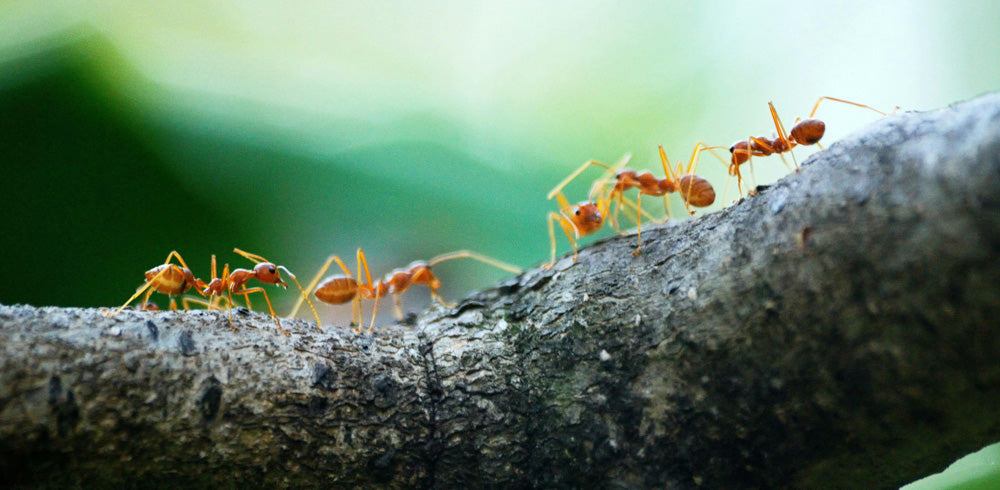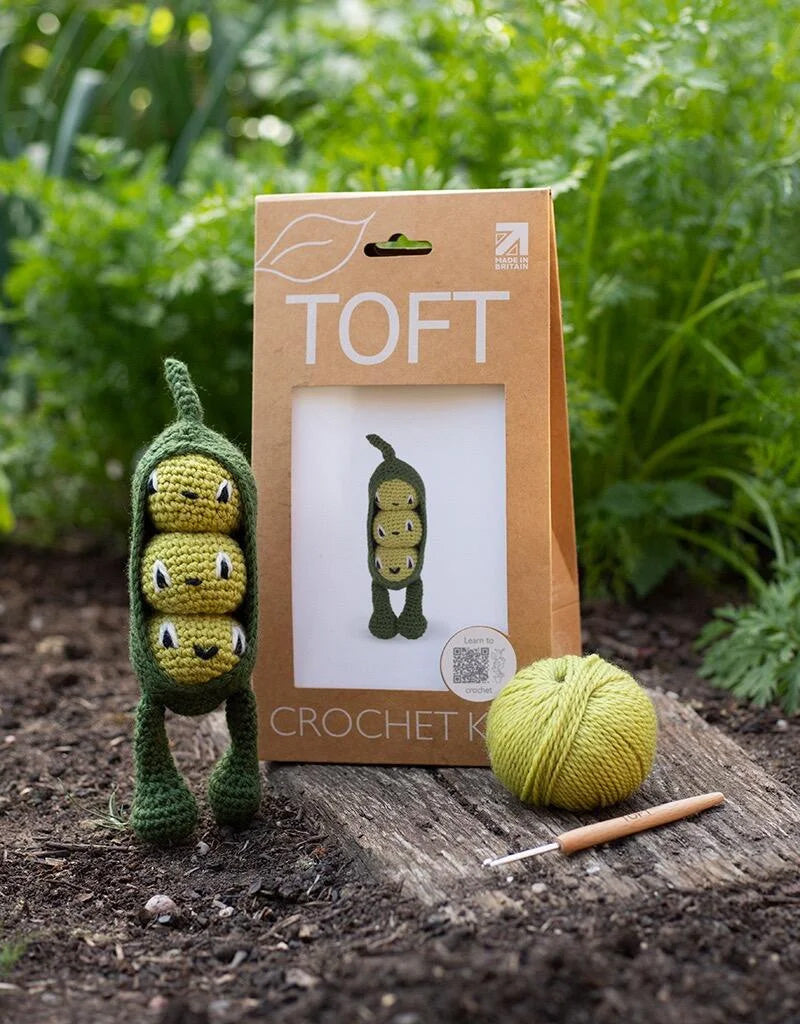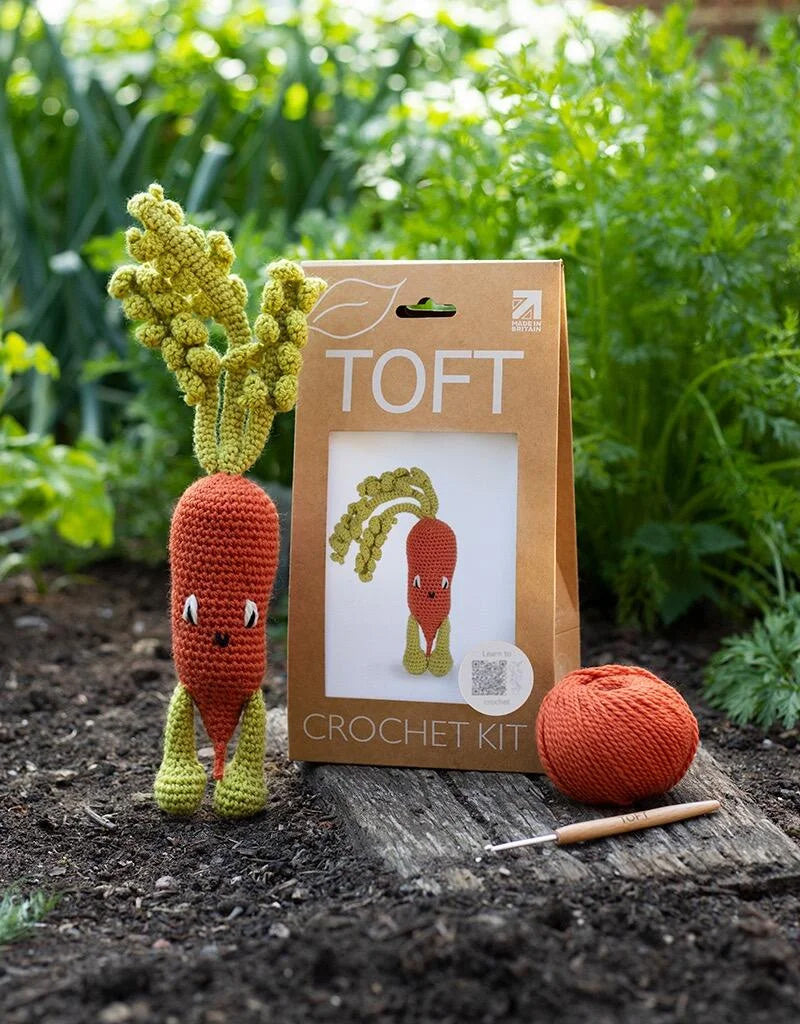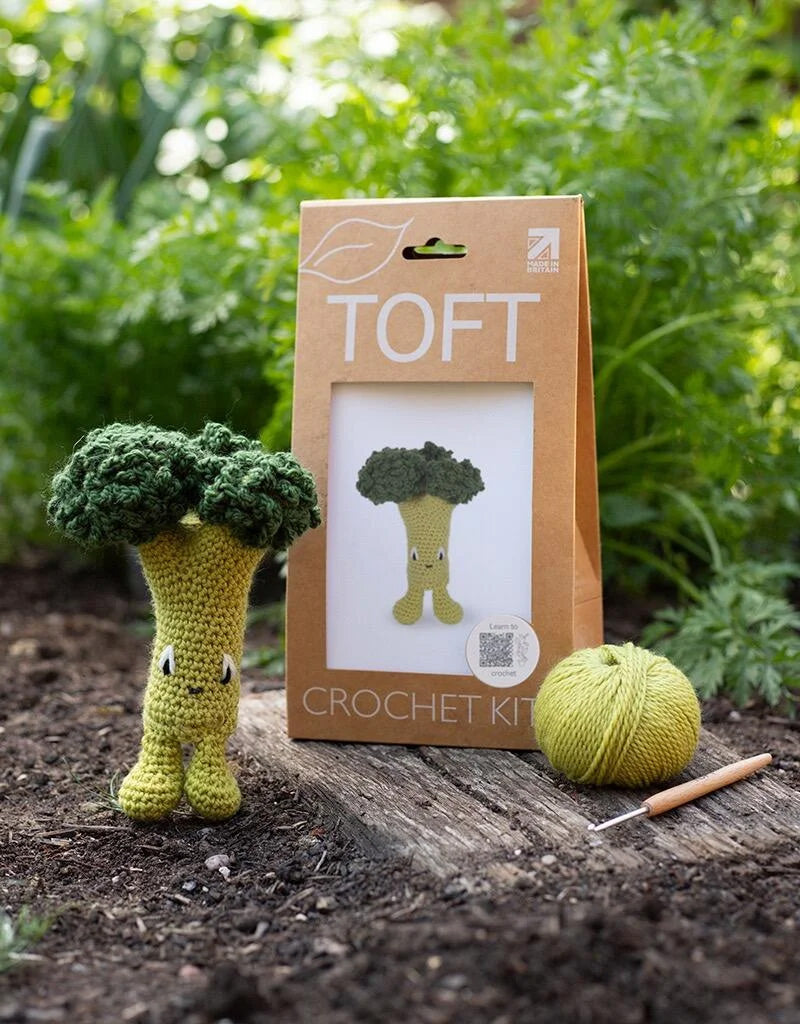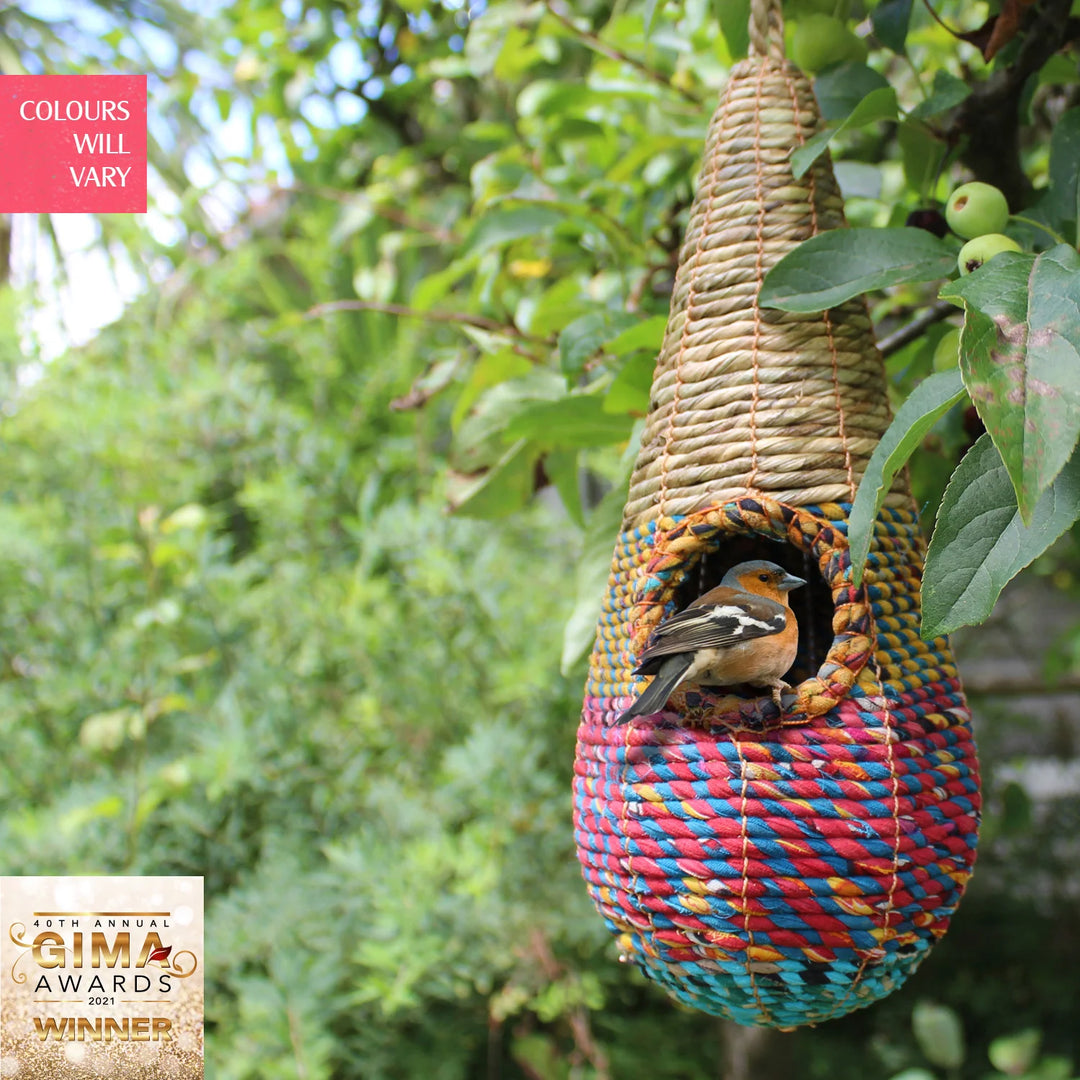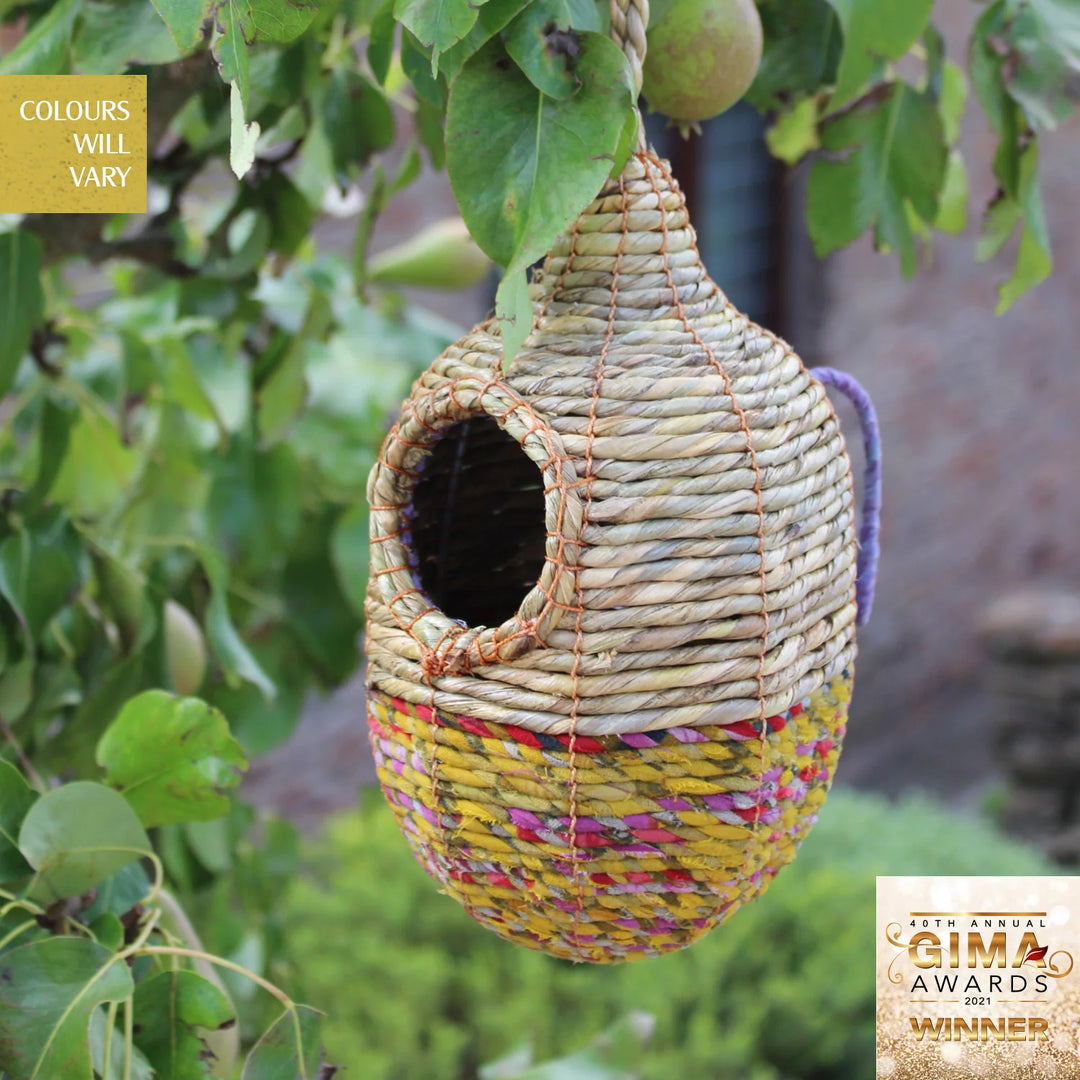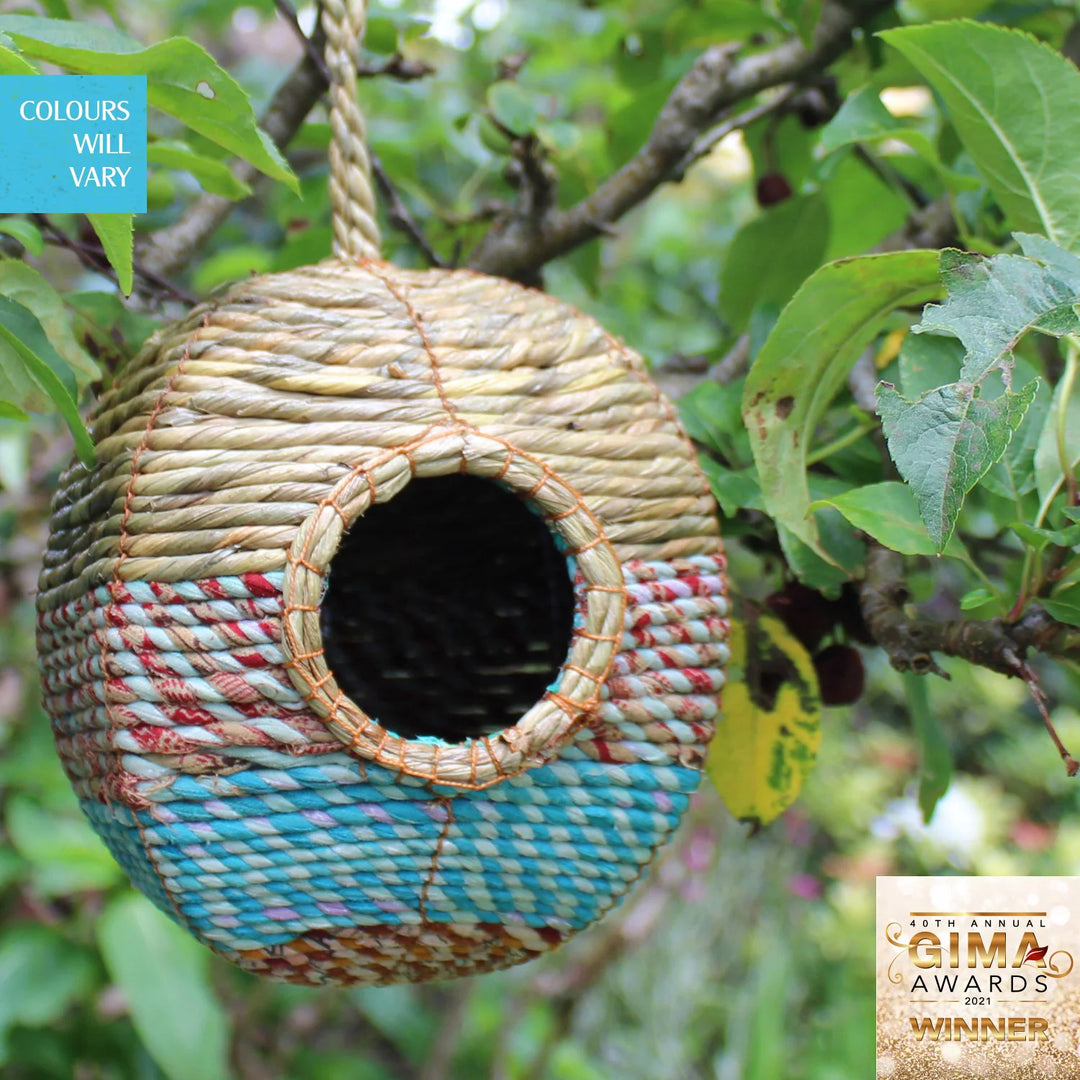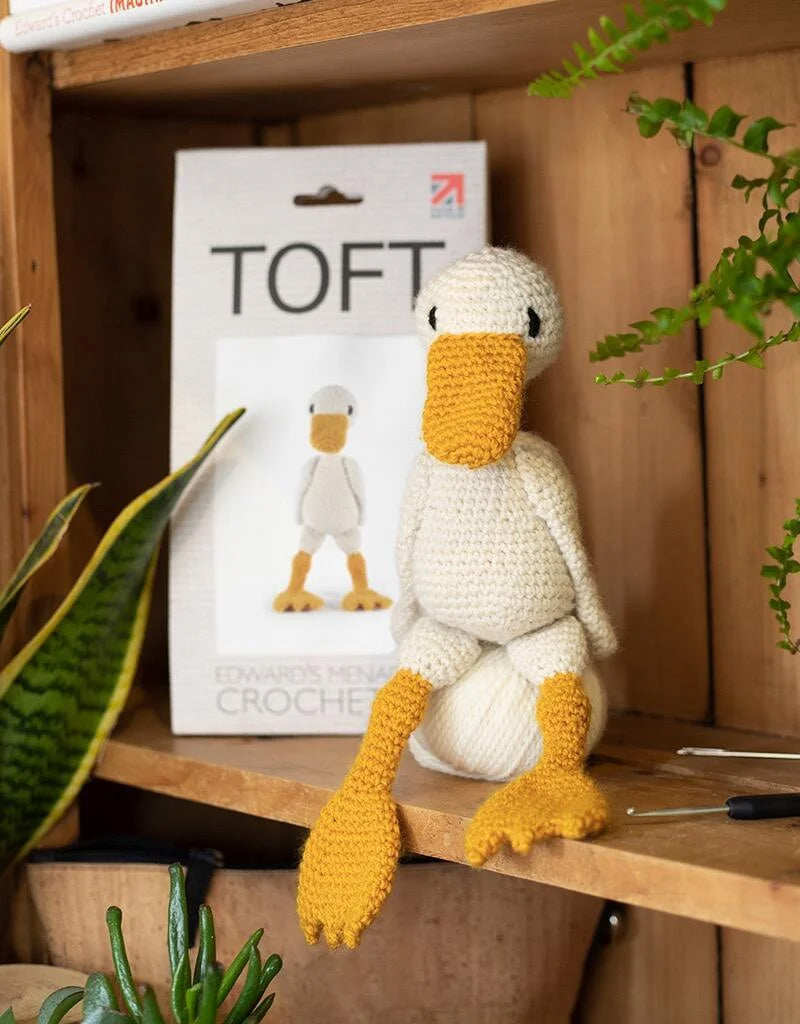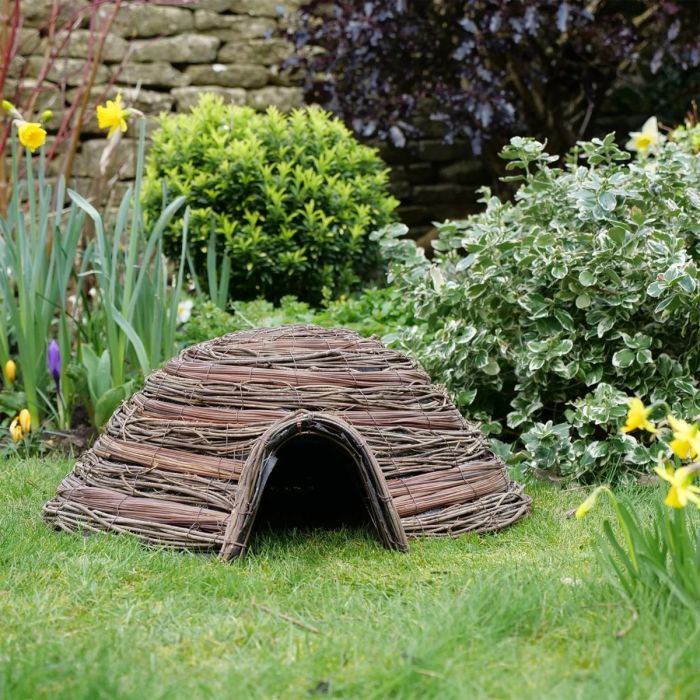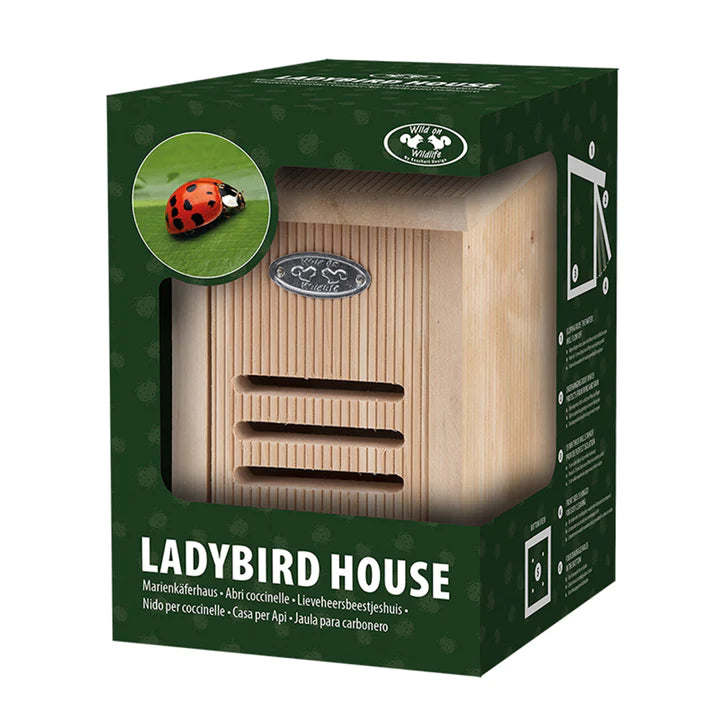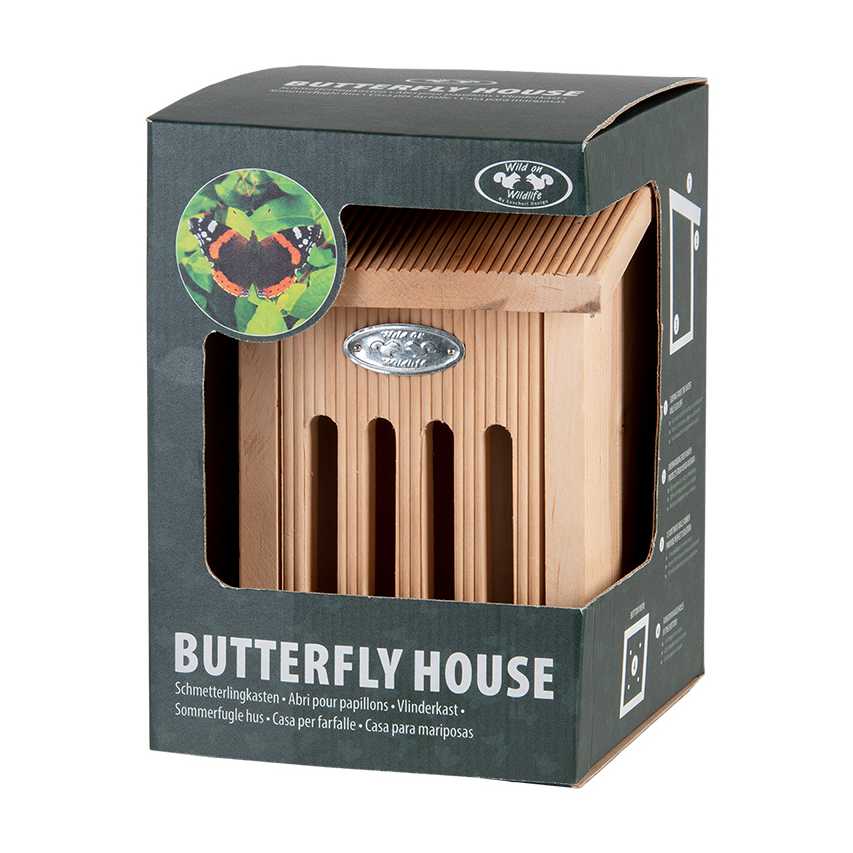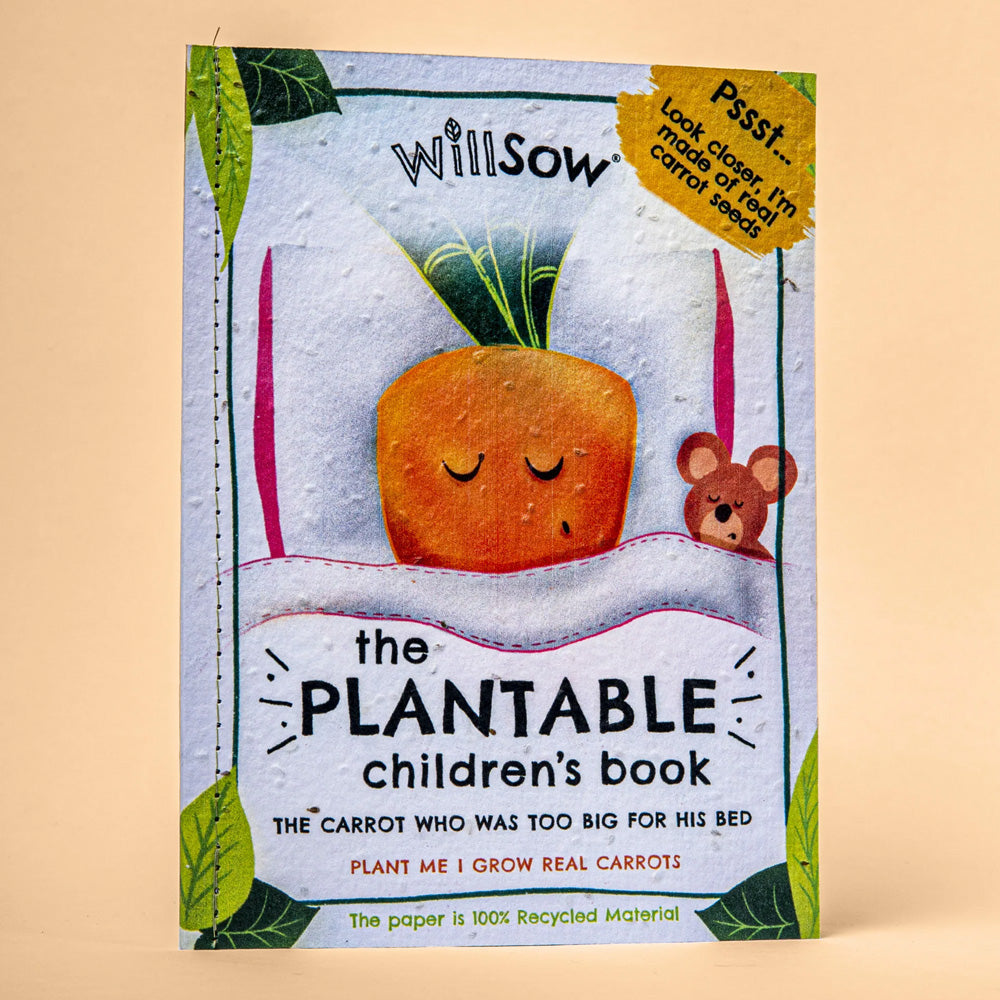Ants
Ants in the UK are a common sight in gardens and natural habitats. These tiny insects play a crucial role in the ecosystem, despite their small size. They have a diverse diet, interesting habitats, and are protected under UK law. Some species even hibernate during the winter months. However, certain species are endangered, making conservation efforts essential to protect these valuable creatures.
Ants in the UK come in a variety of colours, from black to red to yellow. They can be found in almost every garden, where they play a vital role in soil health and decomposition. Ants are omnivorous, meaning they eat both plant and animal matter. Their diet consists of insects, nectar, seeds, and even fungi. Some species of ants are known to cultivate fungi as their primary food source.
Ants build intricate nests that can be found underground, in rotting wood, or even inside the walls of buildings. These nests are made up of chambers and tunnels where the ants live, work, and raise their young. Ants are social insects, living in colonies with a queen, workers, and sometimes soldiers. The queen’s primary role is to lay eggs, while the workers gather food, care for the young, and defend the nest.
In the UK, some species of ants are protected under the Wildlife and Countryside Act 1981. This legislation makes it illegal to disturb or destroy the nests of certain species, such as the red wood ant. These ants are considered important for maintaining healthy woodland ecosystems, as they help to aerate the soil and control insect populations.
During the winter months, some species of ants hibernate to survive the cold weather. They retreat to the deepest parts of their nests, where they remain dormant until the weather warms up again. Hibernation allows ants to conserve energy and survive through periods of food scarcity.
Unfortunately, some species of ants in the UK are endangered due to habitat loss, pollution, and climate change. Conservation efforts are underway to protect these species and their habitats. By preserving natural areas and reducing the use of pesticides, we can help ensure the survival of these important insects.
Despite their small size, ants provide a range of benefits to the ecosystem. They help to aerate the soil, break down organic matter, and control pest populations. Ants are also an important food source for many other animals, including birds, reptiles, and amphibians. Without ants, the balance of the ecosystem would be disrupted, leading to negative consequences for other species.
In conclusion, ants in the UK are fascinating insects with a diverse diet, interesting habitats, and important ecological roles. While some species are protected and thriving, others are endangered and in need of conservation efforts. By understanding and appreciating the value of ants in the ecosystem, we can work together to ensure their survival for generations to come.
Ants in the UK come in a variety of colours, from black to red to yellow. They can be found in almost every garden, where they play a vital role in soil health and decomposition. Ants are omnivorous, meaning they eat both plant and animal matter. Their diet consists of insects, nectar, seeds, and even fungi. Some species of ants are known to cultivate fungi as their primary food source.
Ants build intricate nests that can be found underground, in rotting wood, or even inside the walls of buildings. These nests are made up of chambers and tunnels where the ants live, work, and raise their young. Ants are social insects, living in colonies with a queen, workers, and sometimes soldiers. The queen’s primary role is to lay eggs, while the workers gather food, care for the young, and defend the nest.
In the UK, some species of ants are protected under the Wildlife and Countryside Act 1981. This legislation makes it illegal to disturb or destroy the nests of certain species, such as the red wood ant. These ants are considered important for maintaining healthy woodland ecosystems, as they help to aerate the soil and control insect populations.
During the winter months, some species of ants hibernate to survive the cold weather. They retreat to the deepest parts of their nests, where they remain dormant until the weather warms up again. Hibernation allows ants to conserve energy and survive through periods of food scarcity.
Unfortunately, some species of ants in the UK are endangered due to habitat loss, pollution, and climate change. Conservation efforts are underway to protect these species and their habitats. By preserving natural areas and reducing the use of pesticides, we can help ensure the survival of these important insects.
Despite their small size, ants provide a range of benefits to the ecosystem. They help to aerate the soil, break down organic matter, and control pest populations. Ants are also an important food source for many other animals, including birds, reptiles, and amphibians. Without ants, the balance of the ecosystem would be disrupted, leading to negative consequences for other species.
In conclusion, ants in the UK are fascinating insects with a diverse diet, interesting habitats, and important ecological roles. While some species are protected and thriving, others are endangered and in need of conservation efforts. By understanding and appreciating the value of ants in the ecosystem, we can work together to ensure their survival for generations to come.


